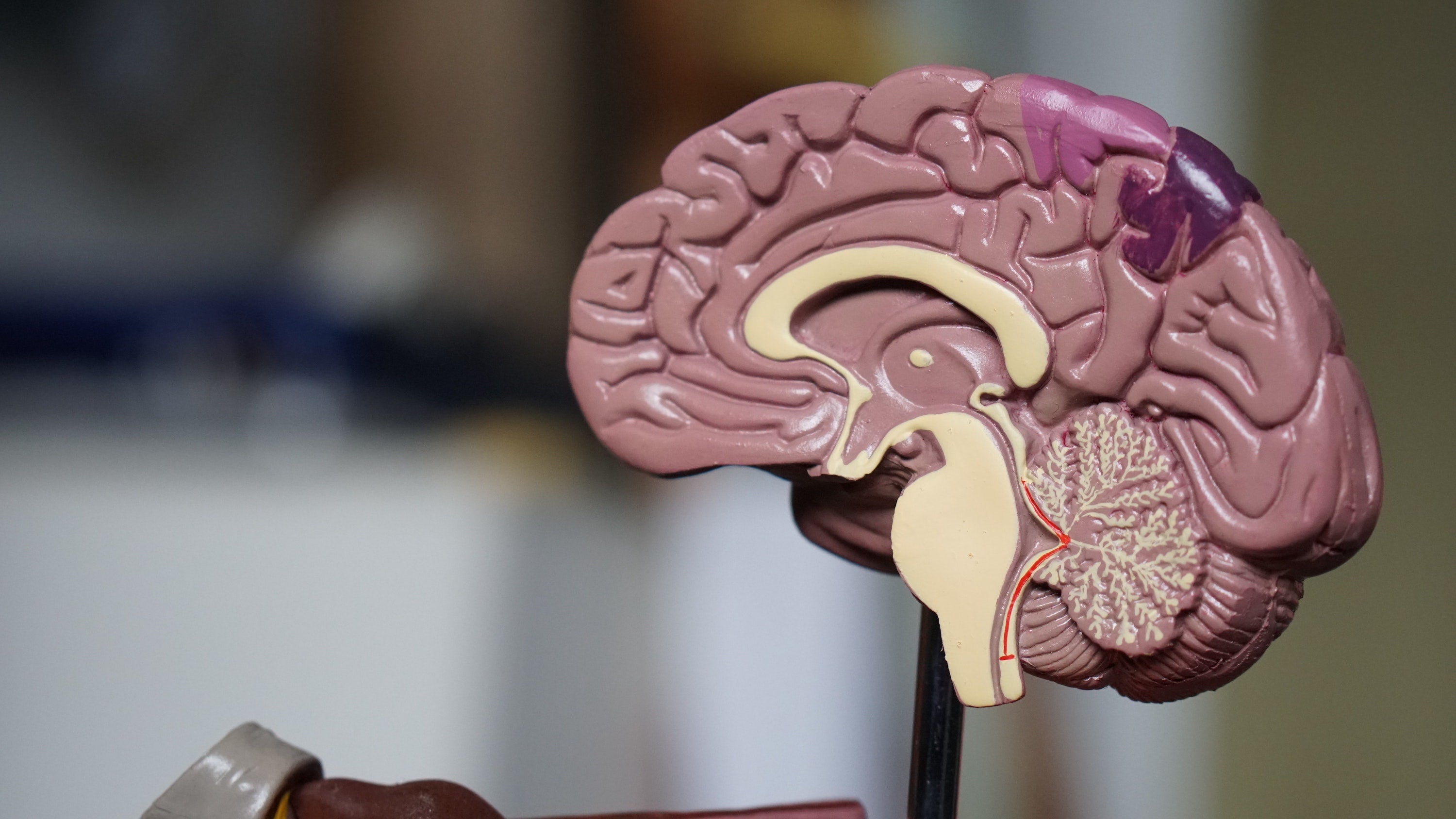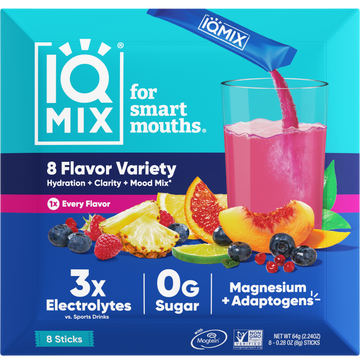Life is made up of memories—what you’ve seen, heard, and done. Every bit of information you take in, however, is only useful if you can remember it. Without memory of the past, you cannot properly function in the present or plan for the future.
While brain diseases that dramatically affect memory, like dementia, typically don’t develop until later in life (think mid-60s and beyond), it’s never a bad time to start building habits to safeguard your future brain power. Plus, many healthy brain habits will boost your memory right now, no matter your age.
So, what should you be doing to optimize your memory? Here are seven science-backed strategies.
#1: Learn New Things
Your brain is like a muscle—the more you use it, the stronger it gets. But you can’t lift the same size weight every day and expect to get stronger. Learning new information or a new skill gives your gray matter a challenge, stimulating it to form new neural pathways that boost your mental game.
The key is learning something that takes you out of your comfort zone and commands your full attention, such as learning a new language or a new instrument.[*]
Learning a complex physical skill has been shown to have a particularly powerful impact. In one study, researchers found that teaching older adults an elaborate dance routine reversed signs of aging in the hippocampus—the part of the brain responsible for short- and long-term memory.[*]
#2: Exercise Regularly
While mental exercise is important for improving your memory skills, so is physical exercise. Research suggests that a sedentary lifestyle promotes memory loss, while physical activity stimulates memory function.[*][*]
Already have dementia? Aerobic exercise like walking, jogging, and swimming still appears to help. In one study, engaging in cardiovascular fitness for 26 weeks improved memory in those with Alzheimer’s.[*]
Aim to get at least 150 minutes of aerobic exercise weekly and choose activities you enjoy—that way it won’t feel like exercise at all!
#3: Reduce Your Sugar Intake
There’s a growing body of evidence linking insulin resistance in the brain with Alzheimer’s disease and other types of dementia.[*] In fact, Alzheimer’s is often referred to as “Type 3 diabetes” in literature.[*]
What causes insulin resistance? High sugar diets. When you consume a lot of sugar-laden foods and drinks, your blood sugar level rises, which signals your pancreas to release insulin, a blood sugar-regulating hormone.
When too much insulin gets released, your cells (including your brain cells) stop responding to insulin—a condition called insulin resistance. As a result, more insulin is needed to achieve the same results, causing insulin levels to rise.
Along with promoting insulin resistance, sugar appears to also directly impair memory and cause reduced brain volume in the brain region that stores short-term memory.[*][*]
Bottom line? Work toward greatly reducing your sugar intake, especially refined sugar found in cookies, cakes, pastries, juice, soda, and the like.
#4: Get Adequate Sleep
Add “brain health” to the list of reasons why getting enough shut-eye is essential.
Extensive research tells us that sleep—more specifically rapid eye movement (REM) sleep—is critical for the formation, consolidation, and storage of new memories.[*]
More recently, however, researchers have discovered that in addition to REM sleep, deep, slow-wave sleep also plays an important role in memory by processing and consolidating newly acquired information.[*]
To ensure you’re firing on all four mental cylinders, aim to get seven to eight hours of quality sleep per night.
#5: Practice Meditation
Although it might look like a person isn’t doing much while meditating, some mind-blowing stuff is happening beneath the surface, particularly in the brain.
Studies show that seasoned meditators have more gray matter in regions of the brain associated with making memories.[*] Meditation has also been shown to boost short-term memory and prevent cognitive decline in people of all ages.[*]
To practice meditation, simply find a quiet spot, sit or lie down, close your eyes, and begin following your inhales and exhales with your mind. When your brain wanders, simply bring your attention back to your breath. That’s it! Aim to meditate for at least ten minutes a day, and gradually increase the duration, if you'd like.
#6: Up Your Magenesium
Magnesium is an essential electrolyte that’s involved in over 300 biochemical processes within the body. A growing body evidence suggests that higher magnesium intake correlates with larger brain volume, better brain health, enhanced memory, better mental health, stronger mental performance in older adults, and a reduced risk of developing cognitive impairment.[*][*][*][*]
Looking for a super convenient (and tasty) way to up your magnesium intake? Try IQBAR—a vegan, keto-friendly protein bar that offers five brain-boosting nutrients, including magensium (from almonds). One IQBAR contains only 1-2 grams of sugar and 2-3 net carbs per bar, making it the perfect, healthy pick-me-up to have on hand.
#7: Consider Keto
The keto diet (short for ketogenic) is a low-carb, high-fat way of eating that promotes many beneficial changes in the body. These include lower blood sugar, lower insulin, and increased ketone production, all of which support a healthy brain.
While more research is needed in humans, some interesting animal studies demonstrate the keto diet’s effect on memory. For example, in one study, rats fed a keto diet were better able to navigate a complex maze, a task that heavily relies on memory.[*]
A few case reports also suggest a keto diet could be therapeutic for people with Alzheimer’s.[*] This makes sense considering the link between insulin resistance and Alzheimer’s.
Improve Your Memory at Any Age
No matter how great you think your memory is, there are probably a few things you can do to make it even sharper and protect it for the future.
Try incorporating these science-backed tips into your daily routine to boost your memory and keep it in tip-top condition as you age. And remember, it often takes time to see results. Stick with it and you’re sure to be rewarded with a sharper mind—not to mention improved overall health!




